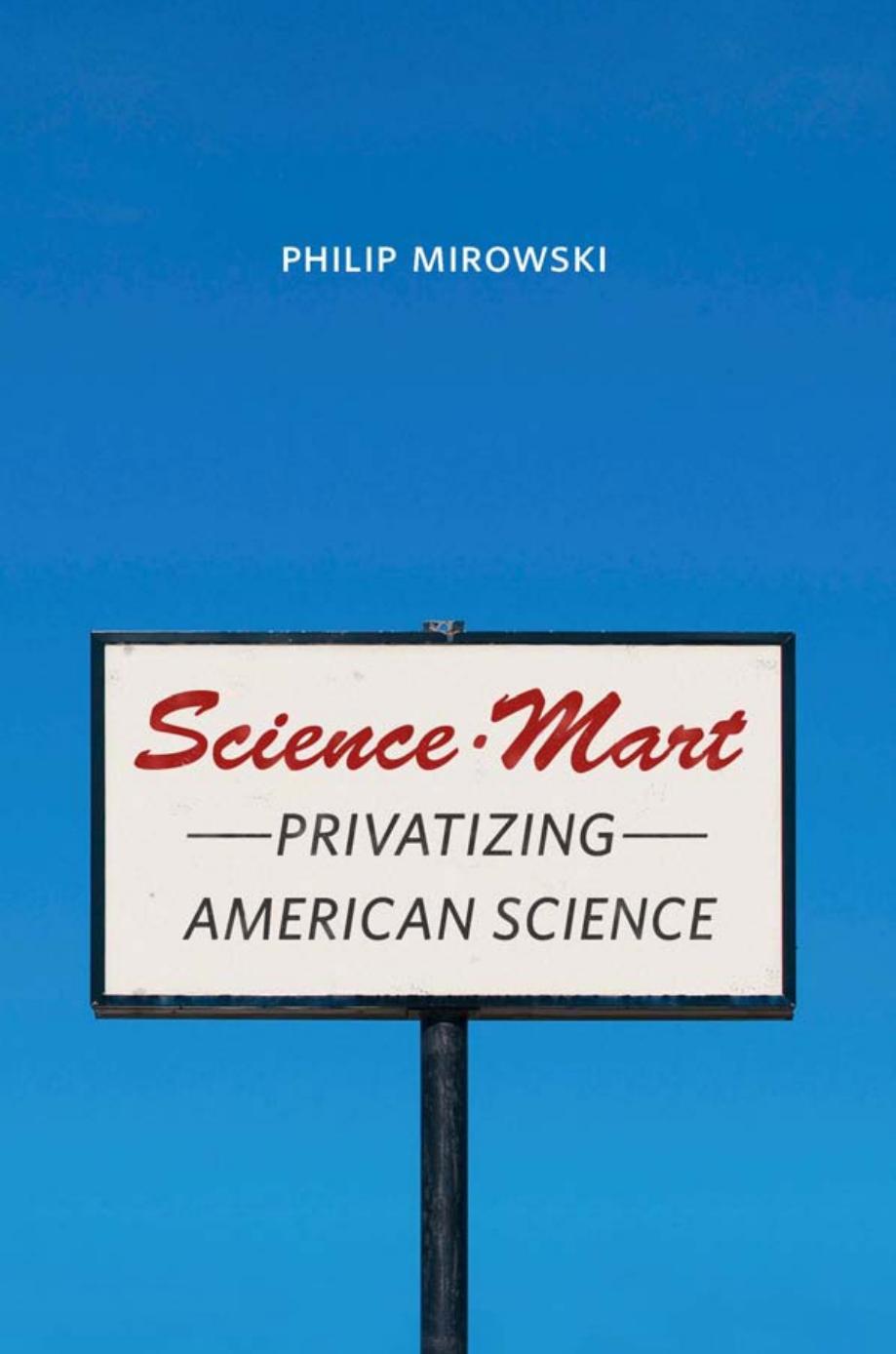Science-Mart by Philip Mirowski

Author:Philip Mirowski [Mirowski, Philip]
Language: eng
Format: epub, pdf
ISBN: 0674046463
Amazon: B009NDGJFA
Publisher: Harvard University
Published: 2011-04-28T22:00:00+00:00
Representatives of CROs generally resist any suggestion that privatized drug testing and prospecting have undergone profound transformation in the last two-plus decades. Instead, they prefer to promote their advantages as simple matters of cost and convenience, rather than any alterations in their conduct of science. The stubborn concentration upon the rationale of cost savings reinforces that tendency and discourages inquiry into the changing character of modern biomedical research. There are at least three reasons to be skeptical of the popularity of narrowly defined, conventional "economic" explanations of the rise of the CRO cited above. First, they tend to divert attention from the actual means through which the promised cost savings came to be realized. In their commercial presentations in the 1990s, CROs frequently compared the cost of their research with that of AHCs, rather than research costs internal to the pharmaceutical industry. Such invidious comparisons with the previous era of drug research in university or other teaching hospitalsimplying that CROs were intended primarily to displace academic scienceonly obliquely concede that pharmaceutical research has been reengineered to a different set of specifications. Second, one of the major selling points of the CROs, again highlighted in their commercial presentations but escaping conventional wisdom, is that data concerning the conduct of drug trials have been rendered more dependably proprietary. In other words, if the sponsor did not want the data to see the light of day, then it would not. It might even provide plausible deniability in the case of legal complications. Publication was only one ancillary goal of drug research; making inconvenient unwanted data disappear was another (Lurie and Zieve 2006, 94). Consequently, information on the conduct of CRO research has become even more inaccessible to concerned outsiders than similar information would have been under the earlier academic regime-a standard feature of the current commercialization regime. A third reason for remaining skeptical about "cost savings" explanations is that when pharmaceutical executives were surveyed about the reasons for their own decisions to outsource clinical trials to CROs, they ranked cost savings as relatively low on the scale of importance (Pichaud 2002). Indeed, difficulties with holding CROs up to consistency and quality standards, together with the risks of noncompliance, have given rise to the pharmaceutical catchphrase, "A CRO is only as good as its last contract" (Azoulay 2003). The clients of CROs are fully aware of the reputation of the sector as the locus of inferior deskilled jobs within the pharmaceutical industry.
Nevertheless, in the face of these qualifications, CROs have managed to convert a set of research protocols originally constructed around the prerogatives of the individual scientist, and, to a lesser extent, the concerns of the medical community, into a second set of protocols more suited to controlling the developmental cycle and marketing of new pharmaceuticals. The CROs have conjured up a set of research practices that are more effectively adjusted to the traffic and rhythms of corporate privatized science. They maintain confidentiality of data; evade prolonged, inconvenient, and costly treatment regimens irrelevant to
Download
This site does not store any files on its server. We only index and link to content provided by other sites. Please contact the content providers to delete copyright contents if any and email us, we'll remove relevant links or contents immediately.
Enlightenment Now: The Case for Reason, Science, Humanism, and Progress by Steven Pinker(7300)
A Journey Through Charms and Defence Against the Dark Arts (Harry Potter: A Journey Through…) by Pottermore Publishing(4795)
The Immortal Life of Henrietta Lacks by Rebecca Skloot(4569)
A Journey Through Divination and Astronomy by Publishing Pottermore(4372)
Elon Musk by Ashlee Vance(4115)
Origin Story: A Big History of Everything by David Christian(3679)
COSMOS by Carl Sagan(3612)
Alchemy and Alchemists by C. J. S. Thompson(3506)
Bad Pharma by Ben Goldacre(3414)
Enlightenment Now by Steven Pinker(3363)
Shadow of Night by Deborah Harkness(3347)
Inferior by Angela Saini(3305)
A Mind For Numbers: How to Excel at Math and Science (Even If You Flunked Algebra) by Barbara Oakley(3290)
Origin Story by David Christian(3191)
The Code Book by Simon Singh(3165)
Signature in the Cell: DNA and the Evidence for Intelligent Design by Stephen C. Meyer(3121)
The Elements by Theodore Gray(3047)
A Brief History of Time by Stephen Hawking(3013)
A Journey Through Potions and Herbology (A Journey Through…) by Pottermore Publishing(2843)
